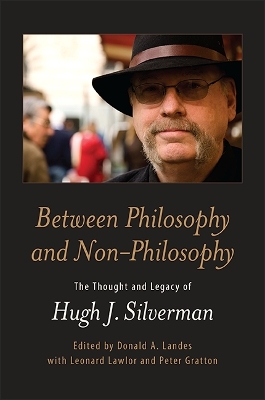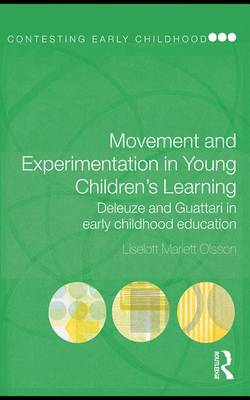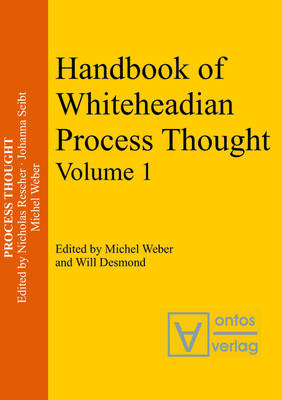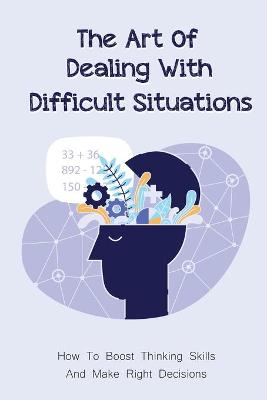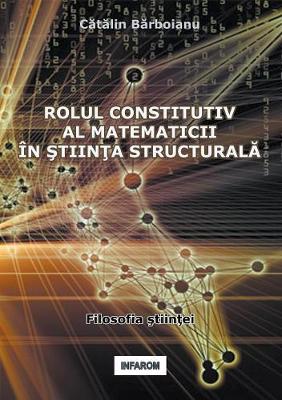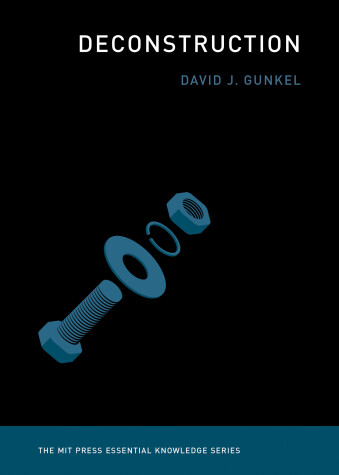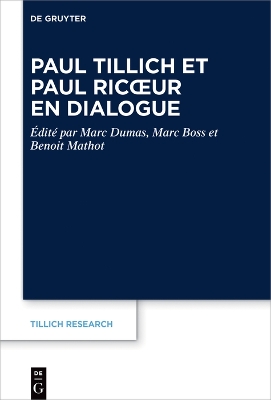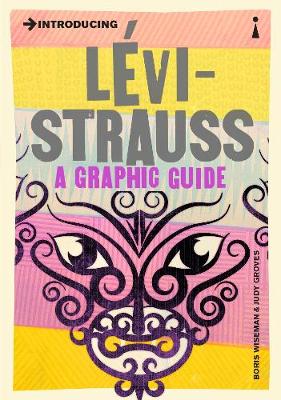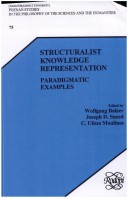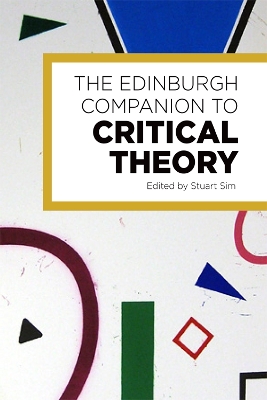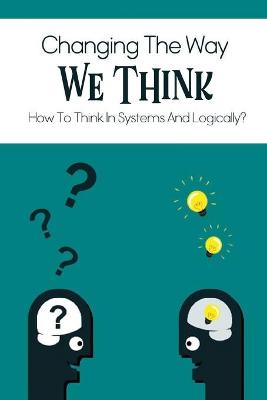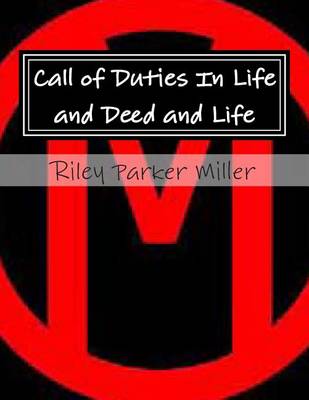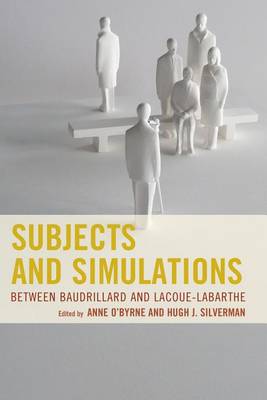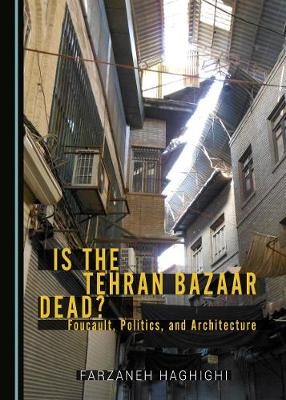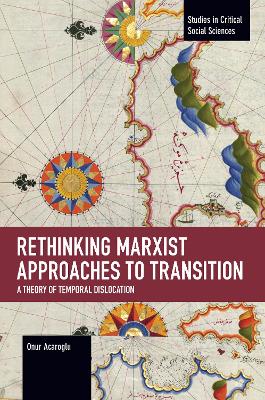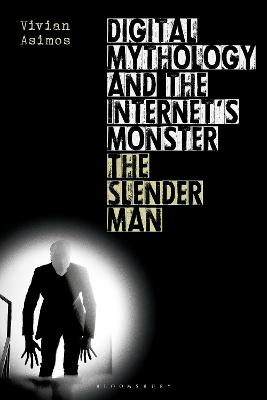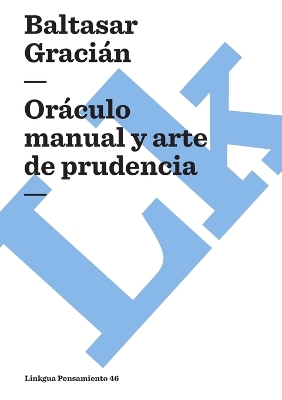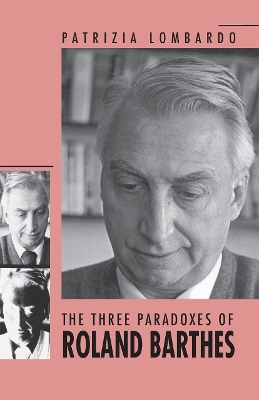Between Philosophy and Non-Philosophy
Movement and Experimentation in Young Children's Learning (Contesting Early Childhood)
by Liselott Mariett Olsson
In contemporary educational contexts young children and learning are tamed, predicted, supervised, controlled and evaluated according to predetermined standards. Contesting such intense governing of the learning child, this book argues that the challenge to practice and research is to find ways of regaining movement and experimentation in subjectivity and learning. Vivid examples from Swedish preschools - involving children, teachers, teacher students and educators and researchers - are woven...
Handbook of Whiteheadian Process Thought (Process Thought, #10)
Gathering 115 entries written by 101 internationally renowned experts in their fields, the Handbook of Whiteheadian Process Thought aims at canvassing the current state of knowledge in Whiteheadian scholarship and at identifying promising directions for future investigations through (internal) cross-elucidation and (external) interdisciplinary development. Two kinds of entries are weaved together in order to interpret Whitehead secundum Whitehead and to read him from the vantage point of interdi...
Structuralist Knowledge Representation (Poznań Studies in the Philosophy of the Sciences and th, #75)
Rolul Constitutiv Al Matematicii in Stiinta Structurala
by Catalin Barboianu
Michel Foucault (Philosophische Einstiege)
by Ansgar Lorenz and Reiner Ruffing
Deconstruction (The MIT Press Essential Knowledge)
by David J. Gunkel
An accessible introduction to a concept often considered impossibly abstruse, demonstrating its power as a conceptual tool in the twenty-first century. This volume in the MIT Press Essential Knowledge series offers a clear and concise introduction to a topic often considered difficult and abstruse: deconstruction. David Gunkel sorts out the concept, terminology, and practices of deconstruction, not to defend academic orthodoxy, or to disseminate the thought of Jacques Derrida--the fabricator of...
Introducing Levi-Strauss (Introducing...)
by Boris Wiseman and Judy Groves
Introducing Levi-Strauss is a guide to the work of the great French anthropologist Claude Levi-Strauss (1908-2009). The book brilliantly traces the development and influence of Levi-Strauss' thought, from his early work on the function of the incest taboo to initiate an exchange of women between groups, to his identification of a timeless "wild" or "primitive" mode of thinking - a pensee sauvage - behind the processes of human culture. Accessibly written by Boris Wiseman and beautifully illust...
The Edinburgh Companion to Critical Theory
Featuring an international team of specialists on the subject, The Edinburgh Companion to Critical Theory provides a comprehensive analysis of the changing role of critical theory in the new century. Taking note of the many new theoretical and socio-political developments in recent years, the volume conclusively demonstrates critical theory's continuing relevance across disciplines ranging from the arts and social sciences through to the hard sciences. Being theoretically informed is not an opti...
Subjects and Simulations presents essays focused on suffering and sublimity, representation and subjectivity, and the relation of truth and appearance in the twenty-first century. Inspired by the work of Jean Baudrillard, Philippe Lacoue-Labarthe and JeanLuc Nancy, sixteen authors study how the real reasserts itself in an age of every more fragmented media, and how art and literature give us access to forms of truth that elude philosophy. How does representation grant us access to the place once...
Is the Tehran Bazaar Dead? Foucault, Politics, and Architecture
by Farzaneh Haghighi
To examine the political role of architecture, this book presents an original engagement with the largest center of attraction in Tehran, namely, its bazaar. Through a rigorous study, it goes beyond the conventional sociopolitical and architectural discourses of this marketplace by considering architecture as an event. This book offers alternative modes of spatial thinking on a micropolitical level. Emphasis is placed on the focused exploration of key notions mainly drawn from the works of Miche...
In Rethinking Marxist Theories of Transition, Onur Acaroglu traces the concept of transition across the tracts of Classical and Western Marxism. Rarely directly invoked, transition between different societies appears as an imminent social reality, and a useful conceptual tool for critical social theory. Transitions as qualitative shifts between societies are often considered as eventual historical stages, or effaced altogether. Theorising transition in a new direction, Onur Acaroglu elaborates...
Exploring a prominent digital mythology, this book proposes a new way of viewing both online narratives and the online communities which tell them. The Slender Man – a monster known for making children disappear and causing violent deaths to the adults who seek to know more about him – is used as an extended case study to explore the role of digital communities, as well as the question of the existence of a broader “digital culture”. Structural anthropological mythic analysis and ethnographic...
The Three Paradoxes of Roland Barthes
Revolution must of necessity borrow, from what it wants to destroy, the very image of what it wants to possess. - Roland Barthes In the field of contemporary literary studies, Roland Barthes remains an inestimably influential figure-perhaps more influential in America than in his native France. The Three Paradoxes of Roland Barthes proposes a new method of viewing Barthes's critical enterprise. Patrizia Lombardo, who studied with Barthes, rejects an absolutist or developmental assessment of his...
